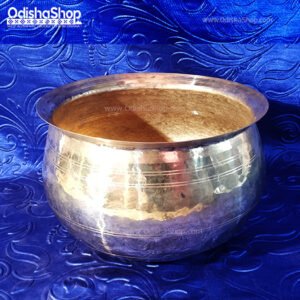In the quest for clean and pure drinking water, many homeowners are turning to advanced filtration systems, and one technology that stands out is reverse osmosis. A reverse osmosis water filter is a powerful solution designed to remove impurities and contaminants from tap water, providing several key benefits for households. In this article, we will explore these benefits and why reverse osmosis water filter has become a popular choice for ensuring the quality of drinking water.
**1. Removal of Contaminants: One of the primary benefits of using a reverse osmosis water filter is its ability to effectively eliminate a wide range of contaminants. This includes common pollutants such as chlorine, lead, bacteria, viruses, and various dissolved solids. The semi-permeable membrane used in reverse osmosis systems acts as a barrier, allowing only pure water molecules to pass through, leaving behind harmful substances.
2. Improved Taste and Odor: Beyond removing contaminants, reverse osmosis significantly enhances the taste and odor of tap water. The elimination of chlorine, which is often used in municipal water treatment, contributes to a fresher and more enjoyable drinking experience. With a reverse osmosis water filter, you can savor the natural flavor of water without the unpleasant aftertaste associated with certain impurities.
3. Healthier Drinking Water: By purifying water at the molecular level, reverse osmosis ensures that harmful microorganisms and toxins are effectively removed. This results in water that is not only cleaner but also safer for consumption. Families can have peace of mind knowing that their drinking water is free from potential health hazards, making it a preferable option for those with a focus on well-being.
4. Cost-Effective Solution: While the initial investment in a reverse osmosis system may seem substantial, it proves to be cost-effective in the long run. By reducing the need for bottled water and minimizing the occurrence of plumbing issues caused by contaminants, homeowners can save money on both short-term and long-term expenses. Additionally, the convenience of having purified water readily available at home eliminates the ongoing costs associated with purchasing bottled water.
5. Environmental Impact: The environmental benefits of using a reverse osmosis water filter are noteworthy. With a reduction in the reliance on bottled water, there is a decrease in the production of plastic bottles and the associated carbon footprint of transportation. Choosing a reverse osmosis system aligns with a more sustainable lifestyle, contributing to the global effort to reduce single-use plastics and promote eco-friendly practices.
6. Versatility in Installation: Reverse osmosis systems are versatile and can be easily installed in various settings, including residential homes, offices, and commercial spaces. They can be conveniently integrated into existing plumbing systems or used as standalone units, offering flexibility to users based on their specific needs.
In conclusion, the key benefits of using a reverse osmosis water filter make it a compelling choice for those seeking high-quality, clean drinking water. From the removal of contaminants to the improvement of taste and odor, the advantages extend to cost savings and a positive environmental impact. Investing in a reverse osmosis system is an investment in the health and well-being of your household, providing a reliable source of pure and refreshing water.


